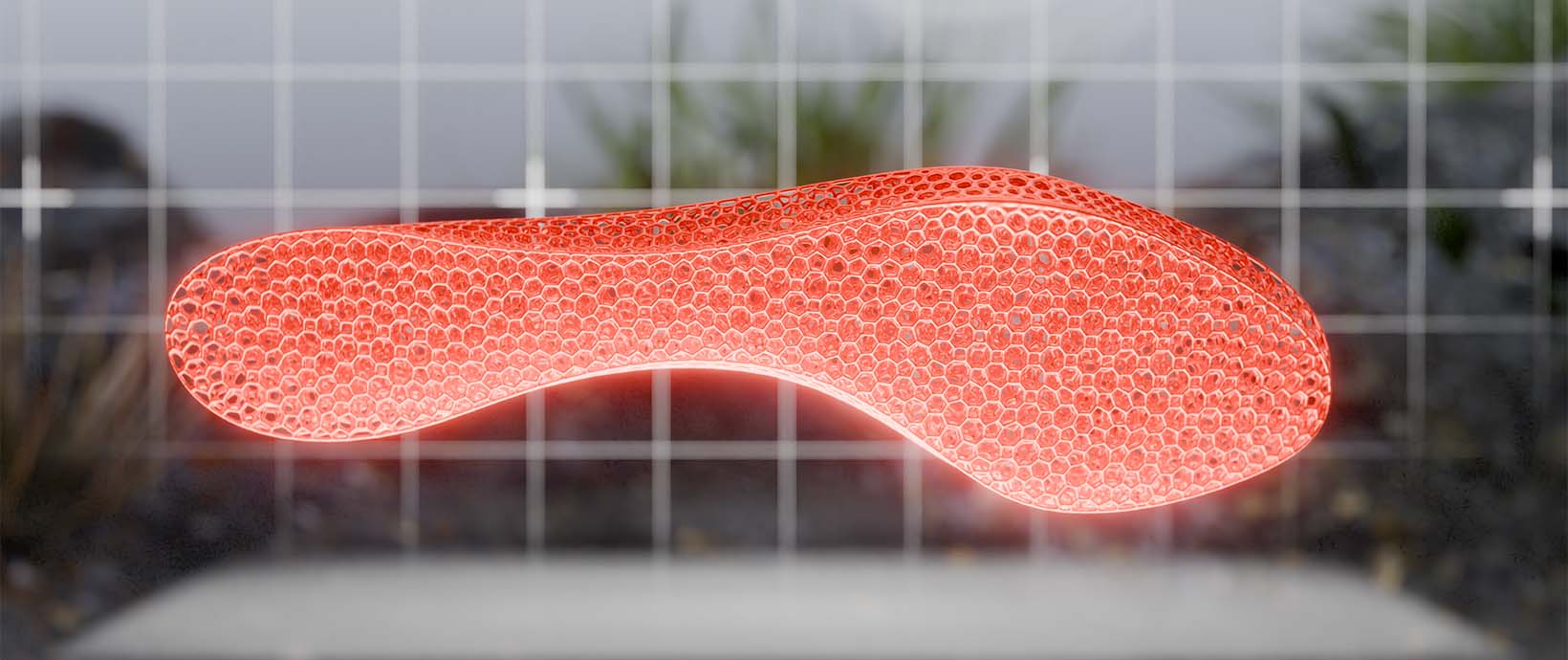Successful Smart Manufacturing Requires More Than Data-Driven Models
Word of the century? If we were choosing it today, then ‘smart’ would surely be an odds-on favorite. Applied to everything from watches and energy meters to entire cities, it has become the very definition of ubiquitous. However, in the process, there’s a real risk of losing sight of what it actually means.
Take smart manufacturing. Pioneered by the process industries over a decade ago, it’s now being adopted enthusiastically by sectors such as automotive and aerospace. Many enterprises are already reaping benefits in the shape of reduced downtime, greater production efficiency, and significant warranty cost savings as a result of improved product quality.
Inevitably, not everyone is getting it right. Some enterprises have invested in ambitious systems that generate copious amounts of data, before even identifying how and where the ROI can be achieved. That’s not a recipe for success.
There’s also a real tendency to put too much emphasis on the ‘smart’ and not enough on the ‘manufacturing.’ It’s easy to see why. The conversation around smart manufacturing has been dominated by the IT and data science domains. In fact, the roots of any successful smart manufacturing strategy invariably lie on the shop floor, not in a data silo. That’s because smart manufacturing is about much more than aggregating the data being generated by a network of connected sensors. Manipulating this data to support better decision making needs a considered, multi-stage approach. What’s more, the entire process should be shaped by domain expertise, drawn from a real understanding of the physics at work in each individual manufacturing operation.

Collecting data is just the starting point. Next, that data needs to be prepared by converting it into actionable insights. Further processing involves the creation of secondary measures. This is followed by monitoring for anomalies, and then conducting analytics to correlate outcomes with these anomalies.
At Altair, we don’t build things on production lines. But over the past 30+ years and more, we’ve been supporting (and learning from) talented and innovative people that do. We now bring that broad, deep insight to the implementation of smart manufacturing solutions. Solutions that embrace every one of the five steps outlined above. Solutions that are characterized by an appreciation of our clients’ production processes. In practice, that means better integrated systems, implemented faster and systems that are developed in partnership with the people who will use them.
Successful manufacturers have always been smart. Here at Altair, we’d like to think we can help them get smarter. To find out more about our manufacturing-led approach to extracting real value from your data, start by reading, “Leveraging Analytics to Improve the Manufacturing Process.” This e-book sponsored by Altair is the ultimate guide for expert insights on how to improve asset uptime, reduce warranty costs, and increase manufacturing throughput. Download your complimentary copy now.
Take smart manufacturing. Pioneered by the process industries over a decade ago, it’s now being adopted enthusiastically by sectors such as automotive and aerospace. Many enterprises are already reaping benefits in the shape of reduced downtime, greater production efficiency, and significant warranty cost savings as a result of improved product quality.
Inevitably, not everyone is getting it right. Some enterprises have invested in ambitious systems that generate copious amounts of data, before even identifying how and where the ROI can be achieved. That’s not a recipe for success.
There’s also a real tendency to put too much emphasis on the ‘smart’ and not enough on the ‘manufacturing.’ It’s easy to see why. The conversation around smart manufacturing has been dominated by the IT and data science domains. In fact, the roots of any successful smart manufacturing strategy invariably lie on the shop floor, not in a data silo. That’s because smart manufacturing is about much more than aggregating the data being generated by a network of connected sensors. Manipulating this data to support better decision making needs a considered, multi-stage approach. What’s more, the entire process should be shaped by domain expertise, drawn from a real understanding of the physics at work in each individual manufacturing operation.

Collecting data is just the starting point. Next, that data needs to be prepared by converting it into actionable insights. Further processing involves the creation of secondary measures. This is followed by monitoring for anomalies, and then conducting analytics to correlate outcomes with these anomalies.
At Altair, we don’t build things on production lines. But over the past 30+ years and more, we’ve been supporting (and learning from) talented and innovative people that do. We now bring that broad, deep insight to the implementation of smart manufacturing solutions. Solutions that embrace every one of the five steps outlined above. Solutions that are characterized by an appreciation of our clients’ production processes. In practice, that means better integrated systems, implemented faster and systems that are developed in partnership with the people who will use them.
Successful manufacturers have always been smart. Here at Altair, we’d like to think we can help them get smarter. To find out more about our manufacturing-led approach to extracting real value from your data, start by reading, “Leveraging Analytics to Improve the Manufacturing Process.” This e-book sponsored by Altair is the ultimate guide for expert insights on how to improve asset uptime, reduce warranty costs, and increase manufacturing throughput. Download your complimentary copy now.




